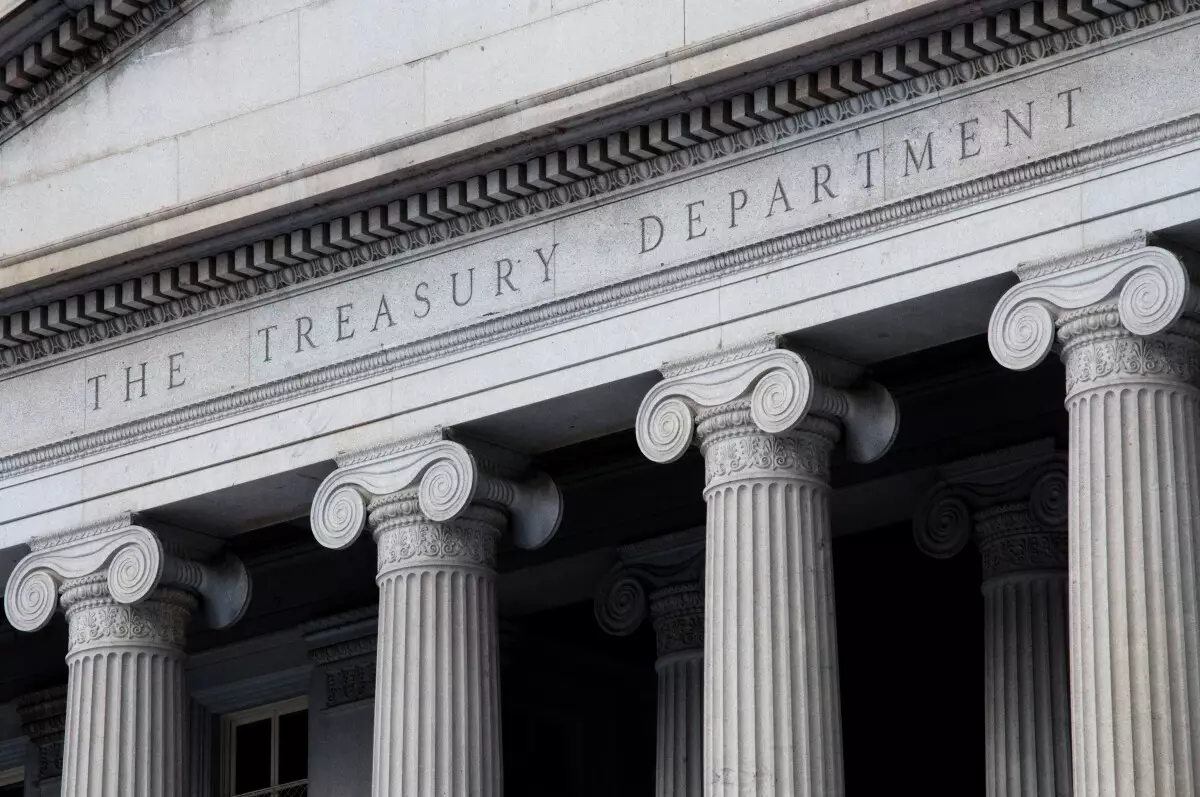The US Department of the Treasury and Internal Revenue Service (IRS) have recently unveiled new proposed regulations that aim to enforce stricter reporting requirements for brokers of digital assets. Designed to crack down on tax cheats and assist law-abiding taxpayers, these regulations have received mixed reactions from both industry insiders and lawmakers. While some argue that the proposed rules are necessary to align digital asset reporting with other asset classes, others assert that they are an excessive attempt to exert control over the crypto ecosystem.
The proposed regulations released by the Treasury Department and IRS seek to clarify and adjust the rules regarding the tax reporting of information by brokers of digital assets. By subjecting brokers of digital assets to the same information reporting rules as brokers of securities and other financial instruments, the government aims to ensure fair treatment across different types of assets. Currently, digital tax calculations are considered difficult and costly, often creating complications for taxpayers.
Under the new proposal, brokers will be obligated to provide a new Form 1099-DA. This form will enable taxpayers to determine their tax obligations accurately without relying on complicated calculations or costly digital asset tax preparation services. The goal is to make tax reporting on digital assets align with reporting on other assets, eliminating preferential treatment and promoting transparency.
If the regulations are approved, top cryptocurrency exchanges will be required to report customer information to the IRS. This development has raised concerns among industry leaders and lawmakers, especially as the proposed rules extend to decentralized exchanges (DEXs). Unlike centralized exchanges, DEXs, such as Uniswap, operate on immutable smart contracts deployed on decentralized blockchain protocols.
One of the major arguments against the regulations is that they could potentially undermine the benefits of decentralization, including security and transparency. Gabriel Shapiro, general counsel at Delphi Labs, suggests that the rules may deal a devastating blow to the use of peer-to-peer (P2P) protocols. Compliance with the reporting requirements would necessitate centralization, contradicting the fundamental principles of decentralization upon which many DEXs are built.
The proposed regulations have sparked a heated debate within the crypto community and among lawmakers. Critics argue that the regulations are an attempt by the US government to exert excessive control over the crypto ecosystem, stifling innovation and hindering adoption. They contend that the ethos of cryptocurrency revolves around decentralization, and no self-respecting DEX protocol would voluntarily comply with the government’s information collection and reporting requirements.
Patrick Henry, chairman of the House Financial Services Committee, has been vocal in his opposition to the regulations. He accuses the Biden administration of trying to “kill” crypto adoption in the US. As the proposed regulations also target decentralized exchanges, Henry believes that they go beyond regulating taxation and encroach upon the broader development of the crypto industry.
The proposed regulations on digital asset reporting by brokers aim to streamline tax calculations and ensure fairness across different types of assets. While proponents argue that the regulations are necessary to bring digital asset reporting requirements in line with other asset classes, opponents claim that they threaten the core principles of decentralization and innovation in the crypto ecosystem.
As the regulations enter a period of public comment and feedback, it remains to be seen how they will be modified or implemented. The outcome will have significant implications for the future of digital asset reporting and the broader adoption of decentralized applications. Striking a balance between regulatory control and the principles that underpin the crypto industry will be crucial to fostering an environment that encourages growth while respecting individual privacy and innovation.


Leave a Reply